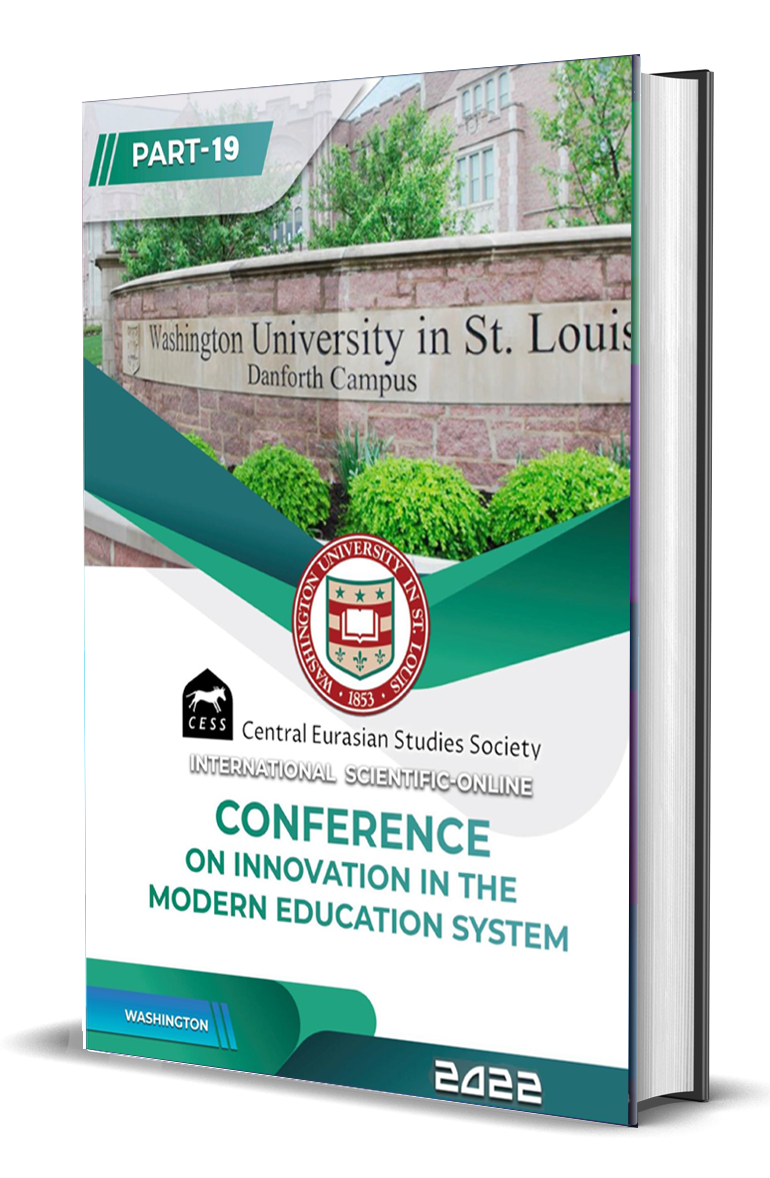USING TECHNOLOGY SUPPORTED MATERIALS IN TEACHING VOCABULARY IN ENGLISH LANGUAGE CLASSES AND ITS POSTIVE EFFECTS
Keywords:
educational games, vocabulary acquisition, English language classes, gamification in education, contextual learning, collaborative learning.Abstract
This article explores the transformative impact of educational games on vocabulary acquisition in English language classes. As traditional teaching methods make way for innovative approaches, educational games emerge as dynamic tools that seamlessly integrate learning objectives with engaging gameplay. The article delves into the key benefits of educational games, such as enhanced engagement, contextual learning, collaborative and social interaction, adaptive learning paths, and multisensory engagement. By offering an immersive and enjoyable vocabulary learning experience, educational games are reshaping language education and fostering a more effective and personalized approach to vocabulary acquisition.
References
Carol Chapelle. English Language Learning and Technology: Lectures on Applied Linguistics in the Age of Information and Communication Technology. 2003. - Published by: John Benjamins Publishing Company.
Glenn Stockwell. Language Learning with Technology: Ideas for Integrating Technology in the Classroom. 2007. - Published by: Cambridge University Press
James Paul Gee. What Video Games Have to Teach Us About Learning and Literacy. 2003. - Published by: Palgrave Macmillan.
Michael Levy. Computer-Assisted Language Learning: Context and Conceptualization. 1997. - Published by: Oxford University Press
Paul Nation. Teaching Vocabulary: Strategies and Techniques. 2008. - Published by: Heinle Cengage Learning.





